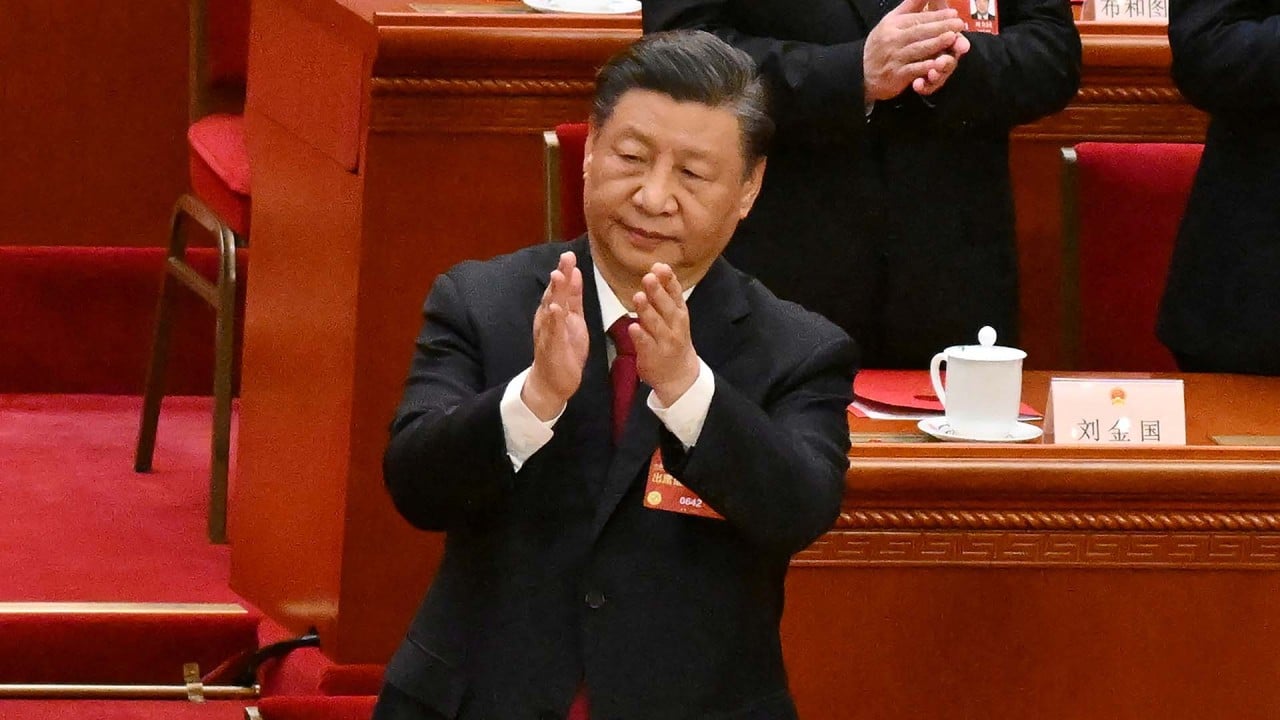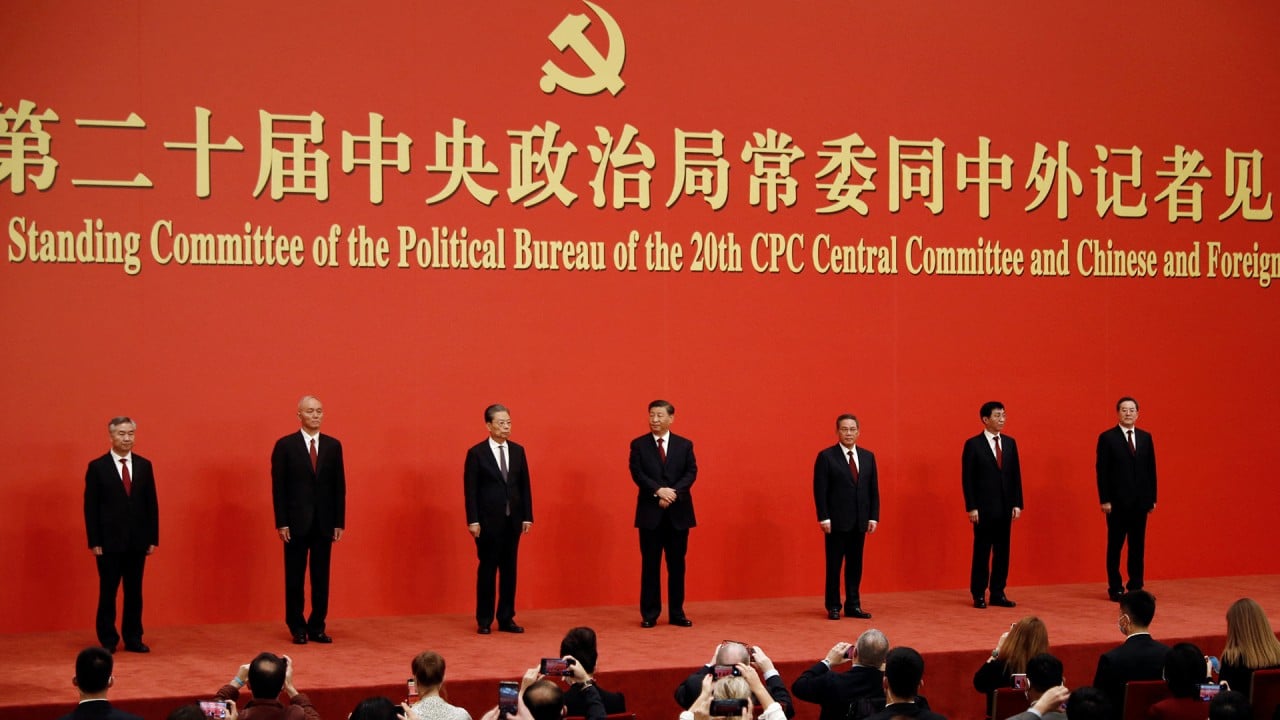
How China’s latest government overhaul is shaping up, and what it says about the Communist Party’s priorities
- New bodies dedicated to issues such as financial risk and social stability are being established at a central and local level
- Shake-up is seen by some analysts as part of wider moves to strengthen the party’s control over key policy areas and organs of government
In the latest restructuring plan, rolled out in the spring of 2023, Beijing moved to assert more direct party control over a wide range of key policy areas, including science and technology, the financial sector and social stability.
A year later, the nature and scale of the restructuring is starting to take shape as new agencies covering these areas have been set up by central and local governments.
Looking closely at their operations provides an opportunity not just to see how they operate in practice, but also helps shed more light on Beijing’s policy priorities and the challenges it faces.
The top Hong Kong and Macau policy office will also report directly to the party’s Central Committee, rather than the State Council, the country’s cabinet, to improve coordination with other branches of government as Beijing seeks to tighten its control over the city.
The overhaul is an “important part of the ruling Communist Party’s effort to channel nationwide resource-to-technology self-reliance, while strengthening the party’s control over financial and social risks”, as it faces an increasingly hostile West, according to Alfred Wu, an associate professor with the National University of Singapore’s Lee Kuan Yew School of Public Policy.
“In China’s party and state-led governance model, setting up party commissions or government bureaus are usually the best way to influence the resource allocation on priorities as it is trying to shift the key economic growth engine from property to technology,” he said.
“It is a painful and long process. China hopes to use the party-led finance model to pump more money into research and development, while keeping an eye on social stability because of higher unemployment.”
The efforts to ensure stability extend all the way down to the grass roots, where social work departments – which have to handle petitions and grievances from the public – are being established at county level, the only new bodies to operate at such a low level.
While departments supervising economic matters only make sense on a larger scale, the opposite is true for social stability, according to Xie Maosong, a senior researcher at the National Institute of Strategic Studies at Tsinghua University.
“It has to reach the grass roots level to know what is wrong on the ground and take immediate action,” said Xie.
At the central level, Beijing appointed Wu Hansheng, a veteran party administrator, as head of the Social Work Department in July 2023.
At a meeting in February, Wu and his lieutenants set out this year’s key tasks, telling provincial social control teams to quickly formulate plans to find ways to better handle petitions and listen to grass-roots grievances and suggestions. They were also urged to deploy more staff to identify and defuse any potential social risks.
The central department is also tasked with asserting the party’s leadership over various sectors of society, including industry federations and party branches in private companies. It also aims to extend the party’s reach into the gig economy and among the growing number of self-employed people.
Most of the provincial officials who attended the event were the secretaries of local new economy and new social organisation work committees, which have been established since 2016 to extend the party’s reach into the private sector and new internet industries, where the party previously had a limited reach.
A Zhejiang cadre said building a social organisation network across the country is still a work in progress.
“We are still in the process of clarifying our new lines of reporting, finding duplicate functions and streamlining them. But the instruction from the top is very clear, get it done before the end of the year – and they won’t accept excuses, ” he said.
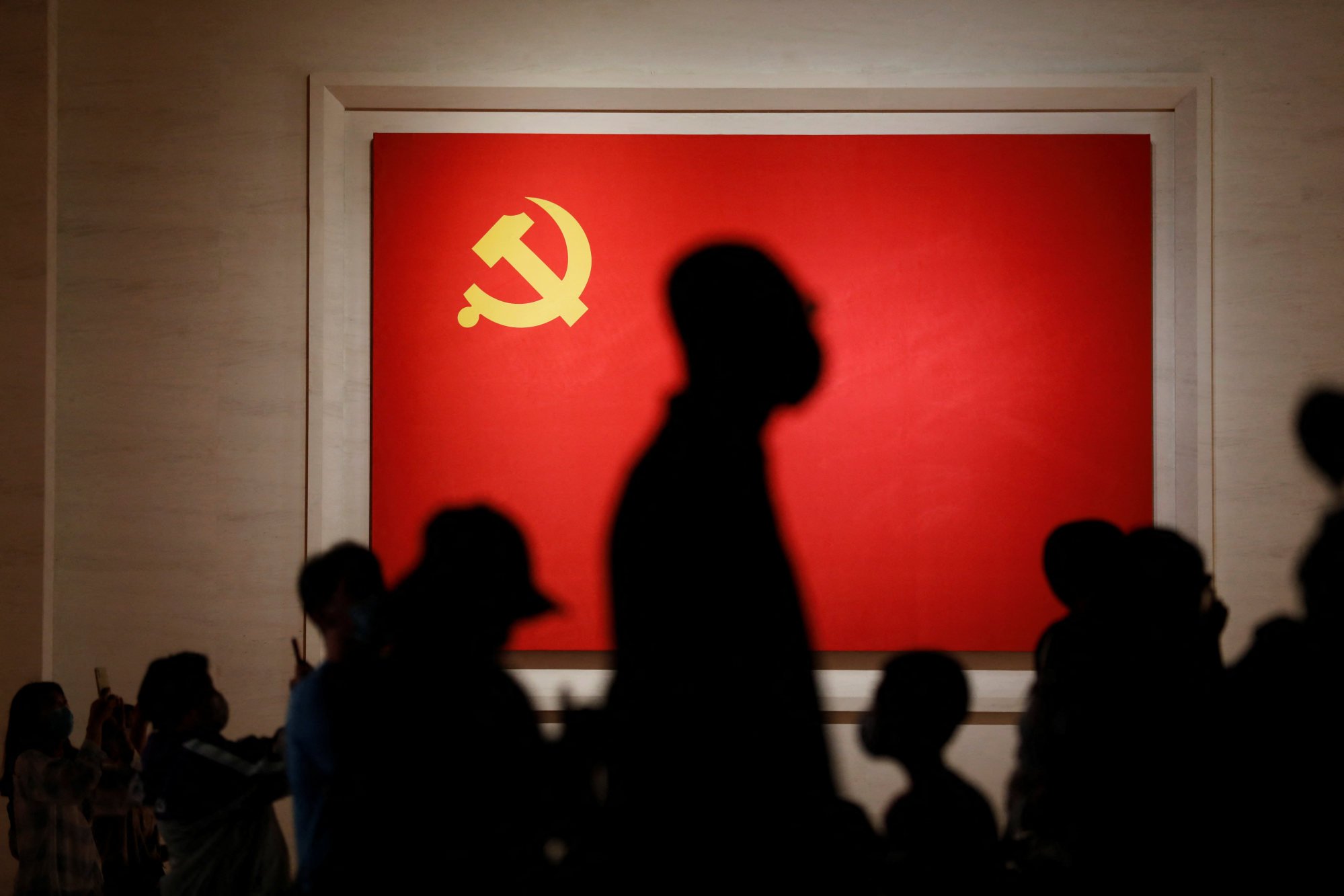
The first new body to be established was the National Administration of Financial Regulation, which was set up in May last year – indicating the leadership’s belief there is an urgent need for better oversight of the financial sector.
In March last year Beijing also said it would replace local financial regulatory bodies with the provincial outposts of theNational Administration of Financial Regulation in a clear sign of Beijing’s distrust of local governments when it comes to tackling the problem – especially since giving them free-rein over regulation is seen as a major source of corruption.
Most of the regional financial regulatory heads have been sent from central offices in Beijing
A political scientist from Nanjing University said the leadership has grave concerns about financial risk and corruption, because the damage it can cause to ordinary people’s lives is “nuclear grade”.
“If you compare the damage from different sectors … financial sector corruption is definitely going to lead the chart as they can influence the flow of or have access to the whole financial markets worth trillions of yuan.
“While other officials are taking bribes in thousands or millions of yuan, the financial sector’s corruption can easily reach billions, leaving big holes and major headaches in the system,” he said.
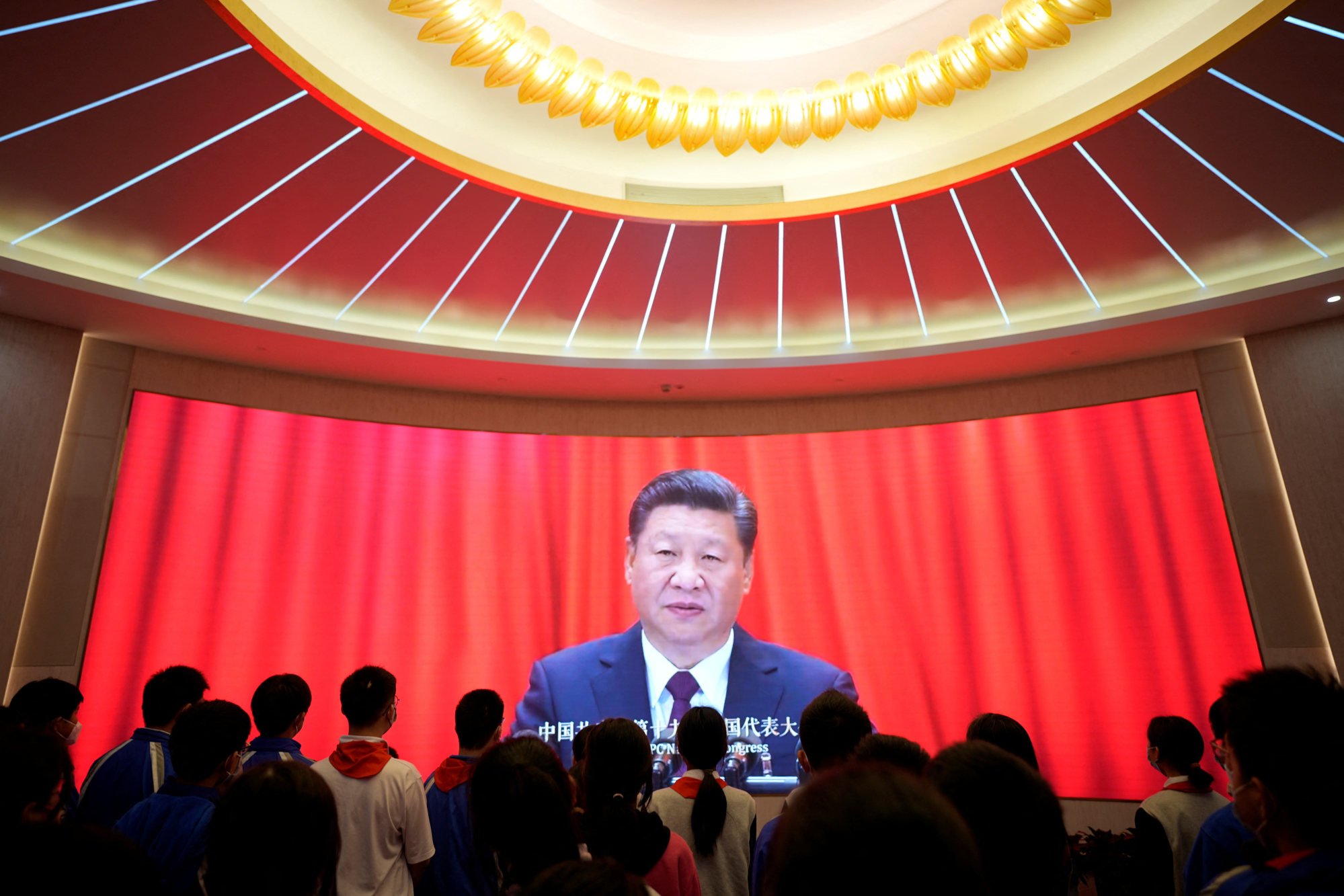
The political scientist said the government shake-up showed “Beijing is very clear about this now. The financial sector shall not have its own agenda. It shall just serve its role of moving capital to where the party wants it to go”.
Three regional officials involved in the overhaul said the new local financial bodies will only operate in provincial capitals and a handful of major cities.
“So in Guangdong, you will see a provincial financial regulatory bureau and two municipality level bureaus in Guangzhou, the provincial capital, and Shenzhen, a city under separate state planning. That is all,” a Guangdong official said.
An official in Guizhou concurred. “We will only have a provincial financial regulatory body and municipal financial regulator in our provincial capital Guiyang. Many cadres working in the financial area will be redeployed, especially those in smaller cities,” he added.
An official involved in the institutional overhaul in Shanghai, China’s financial and commercial centre, said the overhaul is aimed at removing the responsibility for developing markets from the municipal financial office to focus on regulation.
“The financial works office’s job was to serve local governments and financial institutions, coordinate financial resources, help to obtain more credit to finance local development projects, and assist local companies to go public.
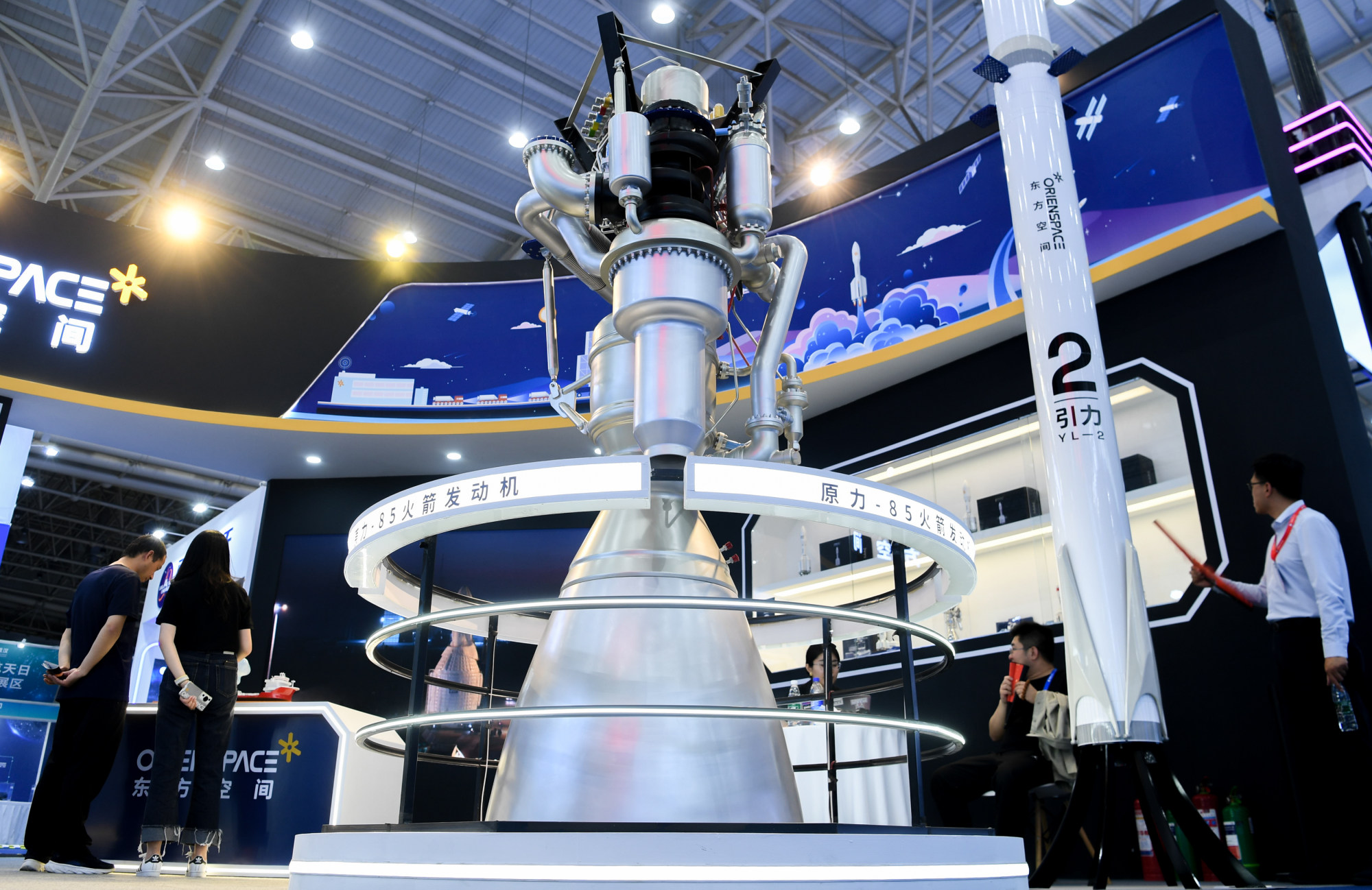
“Now it is different. The central government’s priority for us is to identify potential financial risks within our jurisdiction and manage them before it blows up,” said the Shanghai official.
“It is not just changing the plate outside our office. It requires a drastic change in how we run the bureau, our mentality, how to regulate the interactions between officials and the financial institutions to avoid corruption etc. We are just embarking on it.”
When it comes to data management the implementation at a provincial level is more patchy.
AI is seen as the next major area of competition between China and the US, and data is a vital resource for developing and training the technology.
After the launch of the National Data Administration, 20 out of the mainland’s 31 provinces, regions and municipalities have so far set up their own data management offices to fit with Beijing’s blueprint to develop China’s data infrastructure and integrate and share data resources.
The plan will see national hub nodes set up in some of the country’s key economic hubs, such as the Yangtze and Pearl River Deltas as well as around Beijing, and in less populated areas including Inner Mongolia, Gansu and Ningxia.
Except for Ningxia, all other provinces and regions mentioned in the plan have already announced new data agencies, led by directors with professional backgrounds in computers and big data.
Some provinces – Shaanxi, Hebei, Inner Mongolia and Guangdong – have also included “government services” in the name of their data agencies, suggesting a clear expansion in their role to allow residents to have one-stop access to government services.
The most mysterious of the new party organs are those set up to coordinate scientific development, with little information being released about their operations across the country.
Unlike the other newly established party organs, even the leadership of this body is unknown, something analysts said may be a sign of China’s concerns about scrutiny from the West and may even indicate it has links to the military.
“China needs to avoid attention from the West so that it can push forward its science and tech development agenda with relatively fewer obstacles and intervention,” said Tsinghua’s Xie,
He noted that China’s ambitious tech development and talent attraction plans – such as the Made in China 2025 blueprint and Thousand Talent Plan – has been used by the West to track the new industries China is betting on and its international talent recruitment, so “staying low-key is the natural response”.
Information about science bodies on the provincial levels is also very limited. As of the end of April, only Henan and Inner Mongolia had announced the establishment of their own science commissions, which were chaired by senior officials.
National University of Singapore’s Wu said it is still too early to say if the overhaul is effective as such drastic organisational changes need time to clear up any confusion or internal disputes they may cause.
“Many companies take years to complete their merger and acquisition process, not to mention mega-Chinese party and state machines which have faced three major reshuffles since Xi came to power.”
Xi’s three rounds of institutional reform – announced in 2013, 2018 and last year – have all aimed to centralise power in the hands of party apparatchiks and streamline the ever-ballooning bureaucracy to improve its efficiency and effectiveness.
“Deciding on the organisational structure and the staffing are probably the easiest parts of the latest reshuffle. It can be done in two years. Going forward, the bigger challenge is for the new agencies to prove themselves,” Wu said.



